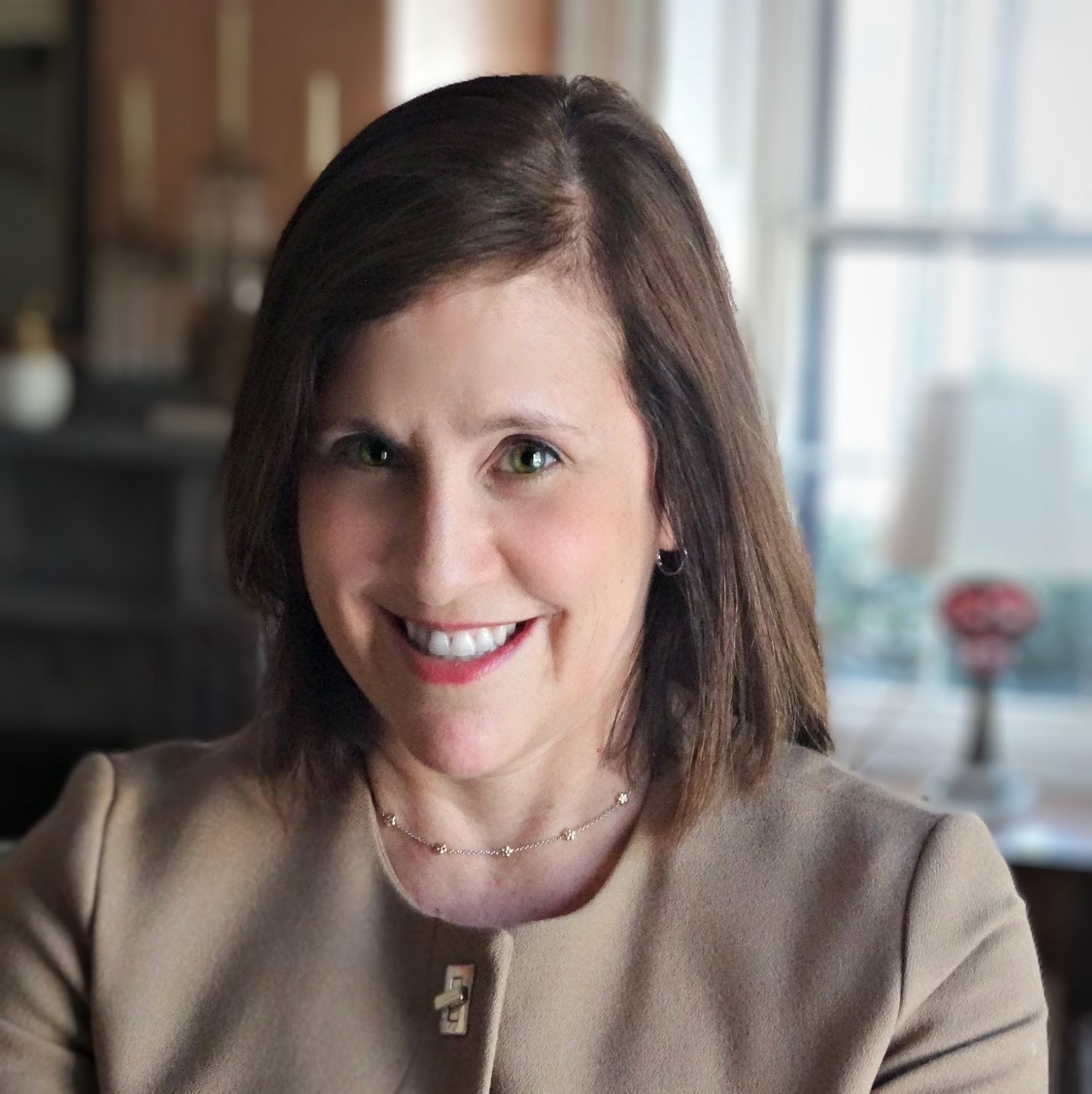History professor Donna Seger enjoys following her curiosity. As a longtime Salem resident, she wanted to explore more than the city’s most infamous period. Following her curiosity, she started blogging about local history and culture.
Now her blog, Streets of Salem, is over 15 years old with more than 12,000 ardent followers.
“I thought it would be like a year…a chance to loosen up my writing…and write more for the general public,” she explains. “I had no idea it would keep going on, but I can’t help myself.”
“Salem has a tourist focus,” Seger explains, “rather than a heritage focus,” despite the city’s world class museums and many attractions. About five years ago, Seger’s dabbling into local history led her to realize that Salem’s 400th anniversary is nearing. She decided, “I’m going to write a book about Salem history.” Her book idea was immediately followed by her next thought, “I’m not in American history,” because Seger’s academic training and scholarship specializes in medieval and early modern European history in the 15th and 16th centuries. Undeterred, Seger pitched the concept to her history department colleagues. With professor Brad Austin as co-editor and Provost Silva’s early encouragement, nearly two dozen Salem State faculty and colleagues signed on. The book is in production now and due out in 2025.
Showcase of Salem State
Salem’s Centuries: New Perspective on the History of an Old American City spans the 400-year history of Salem from 1626 - 2026. Each chapter focuses on a specific period in Salem’s history. “As we put together our book…we didn’t have enough in our department to cover everything…so we asked our former students,” Seger said enthusiastically. Salem State History department alums were recruited to write chapters on the American Revolution and the Civil War. Seger is proud of the historical contributions the book makes to Salem’s legacy, “there’s never been anything written on Salem during the Civil War, when over 3,000 soldiers served.”
“I’m thrilled,” said Seger “because it’s really a showcase of Salem State.” Seger highlighted a few of the SSU faculty chapters: Tad Baker recounted Indigenous history and discovering the 1692 execution site; Bethany Jay wrote about slavery and the city; Avi Chomsky chronicled Salem’s labor history and changing demographics. “We don’t have much about the Witch Trials in this book,” said Seger, “because we were talking about that nonstop for 100 years.” There are also four chapters documenting local African-American History.
“When we got into the 20th century…we realized that no 20th century history of Salem has ever been written.” So, Seger wrote about the Great Salem Fire of 1914; Brad Austin added a chapter about the dynamic 1960’s; Margo Shea and Drew Darien each contributed chapters about tourism, written from different perspectives. “In our university archives,” Seger said, “we have these letters sent by World War II soldiers, because the chair of the History department at the time, Edna McGlenn, asked all of her students going to war to write her letters.” Salem State archivist, Susan Edwards and Brad Austin integrated these primary sources into the chapter they wrote about Salem and World War II.
Salem Centuries is a monumental achievement along Seger’s journey that innocently began by “following her own curiosity.” Contributing substantially to the city’s historical record, the book also offers intriguing, accessible, and revealing perspectives; uncovered about Salem. Seger notes that “it is academic, but we also wanted people who come here to pick it up because I am so worried that the tourist who comes to Salem just doesn't get the whole picture.”
Effortlessly Inspirational
Last Fall, Seger taught a popular course on the European witch trials. She says that SSU students “love European history because I don't think they've had a lot of it” in high school. Proud of her teaching, Seger has yet to have a class cancelled in nearly thirty years. Seger finds that students are fascinated to learn about the crusades, Vikings, and how over 100,000 people were put on trial for witchcraft in the 16th and 17th century. “No other period has been more sensationalized in movies and TV shows than the medieval period,” adds Seger. She tells her students, “I’m not gonna’ be like that film, you know…but still they stick with me.” Seger explains, “When you're teaching something that's older, before 1700, you're really talking about very different people; you have to teach your students not to judge these people by their standards” because their world was so different.
“It’s really important to me that people feel connected to history,” says Seger. However, the Halloween season in Salem can be especially challenging for this scholar of history. “I just don't think it's good for our city because we have a very rich history and it's very diverse.” Seger explains, “I'm not really comfortable with building a whole tourism industry on the execution of innocent people.”
Seger raises these moral questions as teachable moments with her students. “Salem is effortlessly inspirational; for better or worse,” she says. Seger tells students, “I know you think it's fun and I don't want to put a damper on it for you…[but] I don't like all the commercialization of the witch trials.” Seger says, “I get kind of upset by the way history is treated and Salem, as a commodity.”
Such discussions often lead students to think critically about their ideas, “because they can see that history, or the interpretation of history is something that's very current…The past is constantly being reinterpreted…and they have all sorts of their own opinions as well.” Seger believes, “It’s all about access and connection to history,” for her. History is alive and something we all have a stake in preserving. As Seger says, “history is personal for me.”

